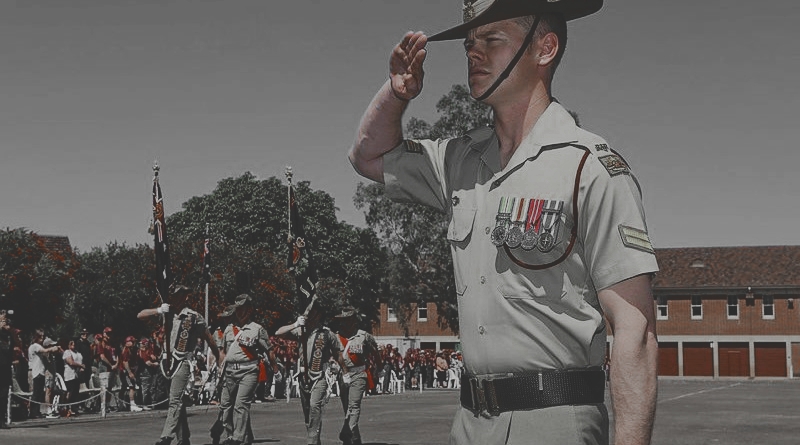Defence Force Tax Returns
Members of the Australian Defence Force (ADF) are still subject to income tax on their wages and benefits, therefore they are eligible to deduct a variety of expenses from their taxable income when filing their yearly tax return. Employees of the Royal Australian Air Force, the Royal Australian Navy, the Royal Australian Army, or any other tri-service organization make up the Australian Defence Force (ADF).
Two critical factors to consider when claiming tax deductions for Defense Force obligations are:
To be eligible for tax breaks, expenses must be directly related to ADF employment obligations. It’s important to note that not all expenses incurred while serving in Australia’s Navy, Army, or Air Force are tax deductible; therefore, you must choose which expenses to include in your claim. If your deductions exceed $300, you must have valid proof of such expenses, such as contracts, invoices, and receipts.
You must have sufficient proof of the expenses, such as contracts, invoices, and receipts, if deductions total more than $300. You must preserve these records for five years, per the ATO requirements.
Common expenses for Defence Force Tax Return
1. EXPENSES FOR ATTIRE AND UNIFORMS
If you join the ADF, you will most likely receive a uniform allowance. Tax deductions are still allowed for the cost of your military uniform, including the cost of purchase, upkeep, repair, and laundering.
2. PROTECTIVE CLOTHING & FOOTWEAR
Protective gear and footwear may be tax deductible if you use them to reduce your risk of illness or injury while performing work-related tasks. However, you are only eligible for reimbursement for the cost of safety equipment if ADF does not provide it. Protective clothing can include the following items:
Fire-retardant attire
Gloves for protection
• Work boots
• Smocks and aprons
• Overalls
• Eye protection devices
3. TOOLS & EQUIPMENT
If utilized for both work and personal reasons, only the portion related to work is deductible.
If the cost is greater than $300, you can deduct depreciation over the course of the item’s life in addition to the full tax deduction for purchases under $300.
If your company covers the expense or if you didn’t buy the equipment yourself, you cannot claim a tax deduction for tools and equipment.
4. TRAVEL EXPENSES
If your travel costs directly support your obligations to the Australian Air Force, Navy, or Army, you are eligible to deduct them from your taxable income.
Traveling for work purposes may involve:
Going to a meeting.
Attending a seminar or conference.
Traveling to a base in a different city.
5. VEHICLE EXPENSES
Certain vehicle expenses incurred while performing military duties may be eligible for tax deductions. Costs for private and domestic car and transportation are not refundable.
Typical instances of car expenses at work include:
• Drive a vehicle while on base.
• Between bases travel,
• When necessary for work-related reasons, travel between bases.
6. SELF-EDUCATION AND STUDY EXPENSES
If self-education is directly related to the member’s existing work and other income-generating activities, it is deductible as a cost for ADF members. Here are some instances of deductible costs for self-education:
• Military schools do not provide language instruction.
• The educational institution’s courses
• Fees for a home office for studying
• Subscriptions to periodicals containing articles relevant to your ADF position
• Conferences and seminars that help ADF members advance their knowledge and abilities.
In addition to course tuition, self-education costs also include literature, travel, and equipment needed to improve your professional development. a statement of income, and you must report the allowance on your tax return.
7. PHYSICAL TRAINING FEES
If you meet the requirements listed below, you may be qualified to claim a deduction for these costs:
You must be physically fit beyond what is typically required by the ADF for your role.
High intensity physical exercise is a necessary and frequent component of the work.
